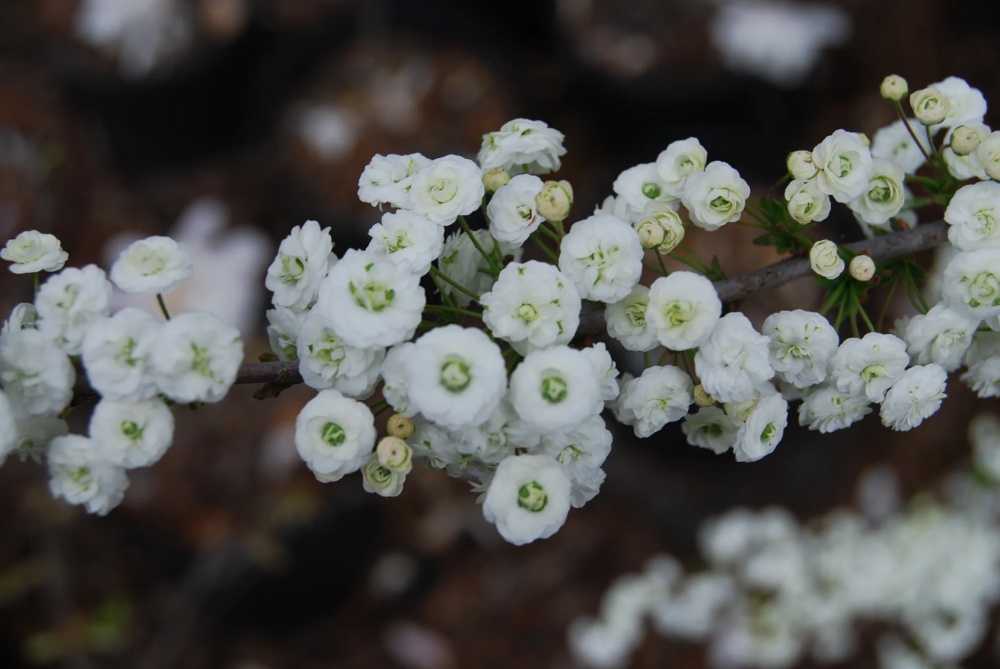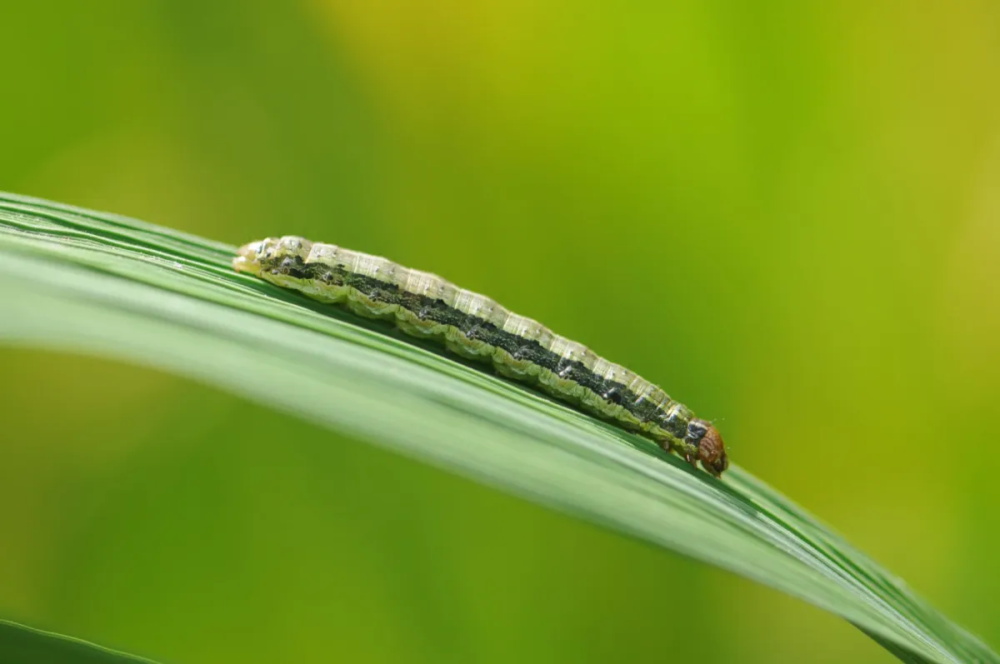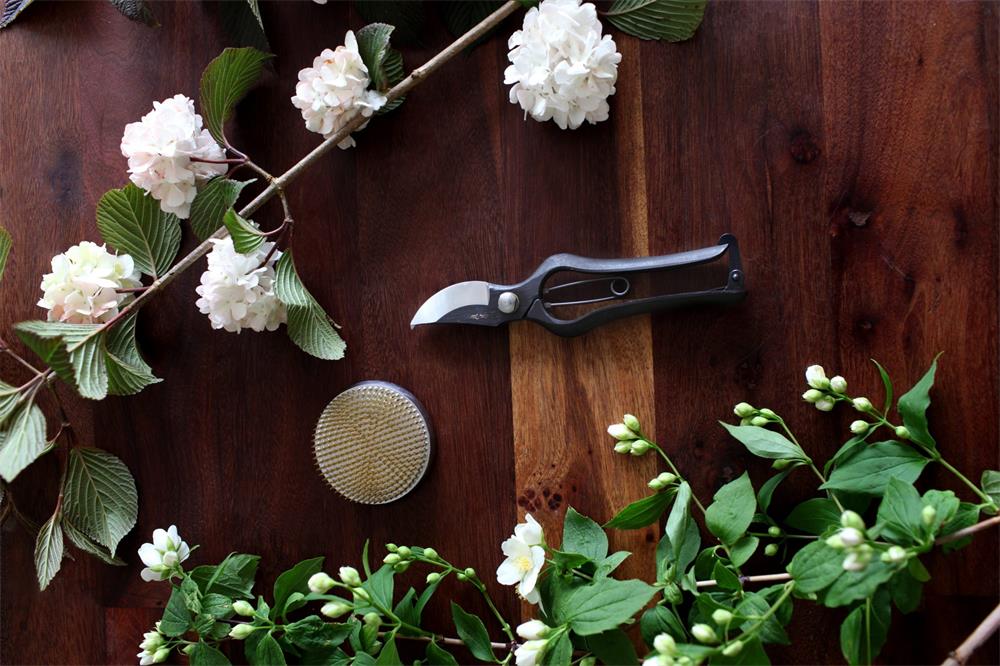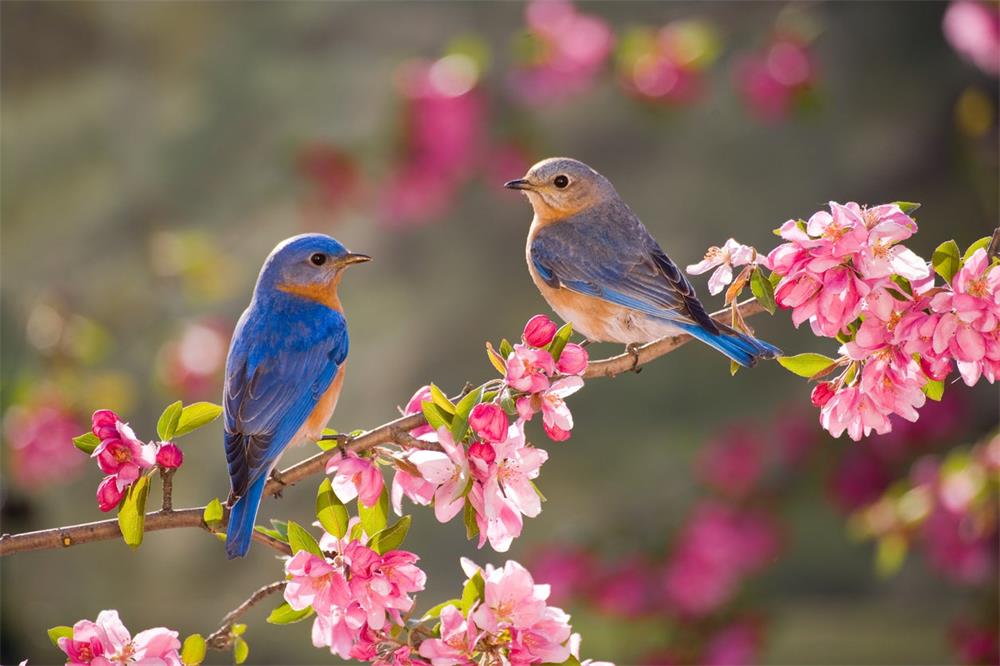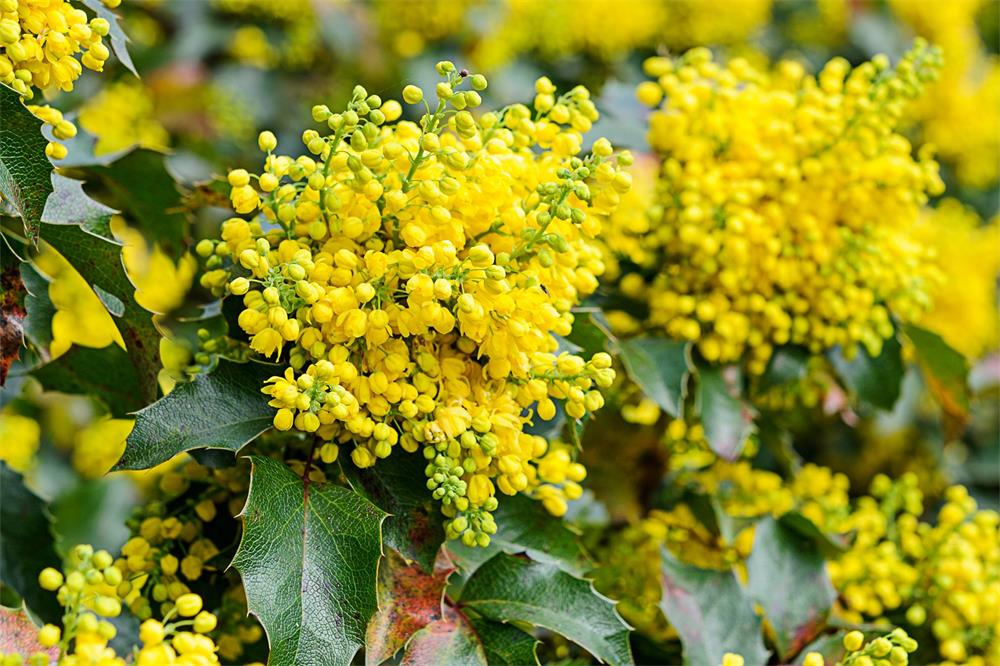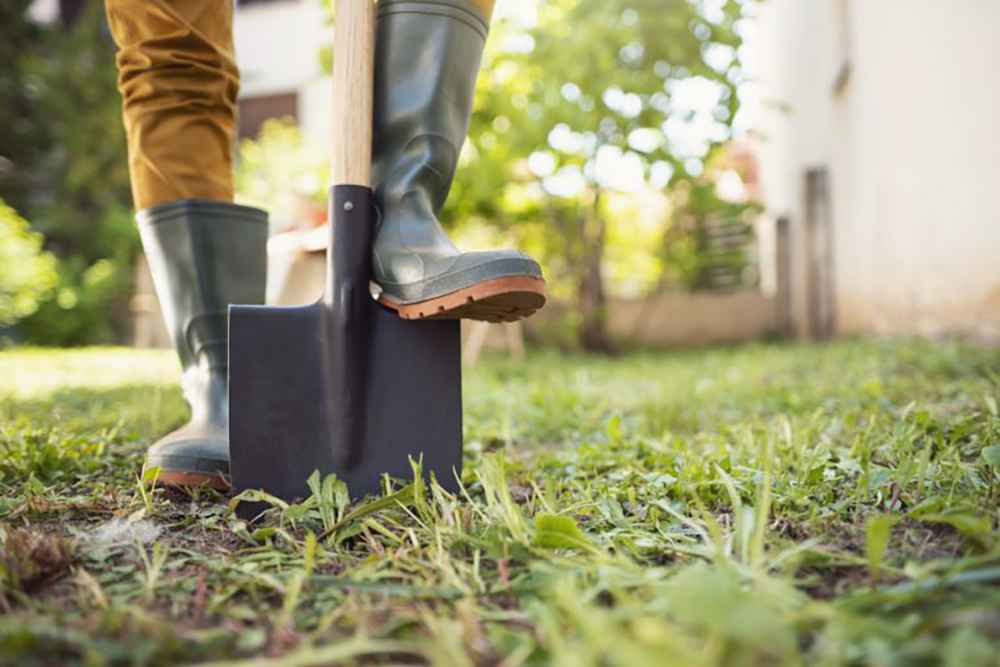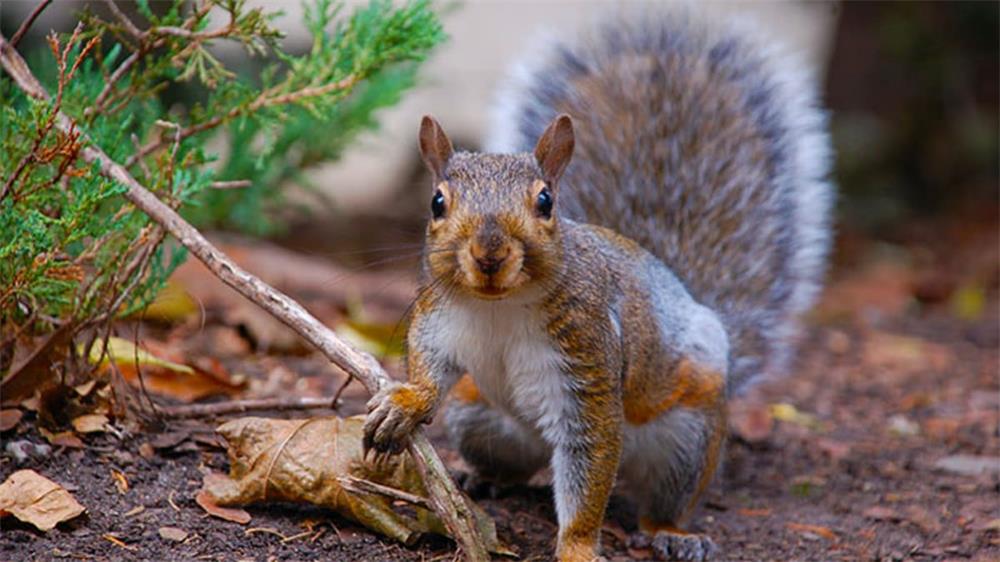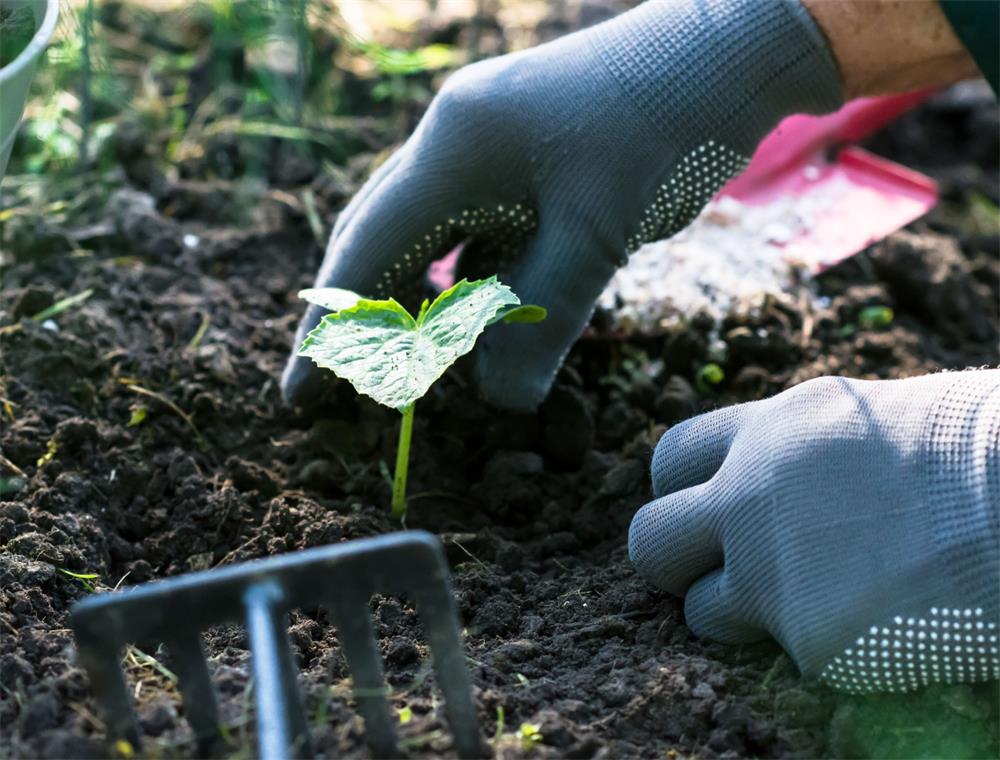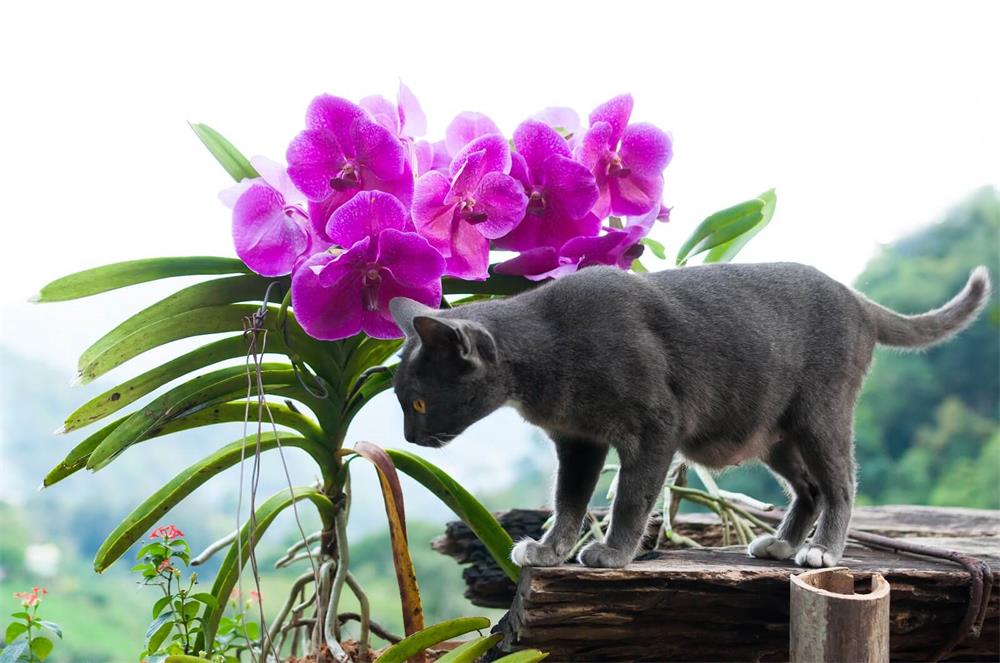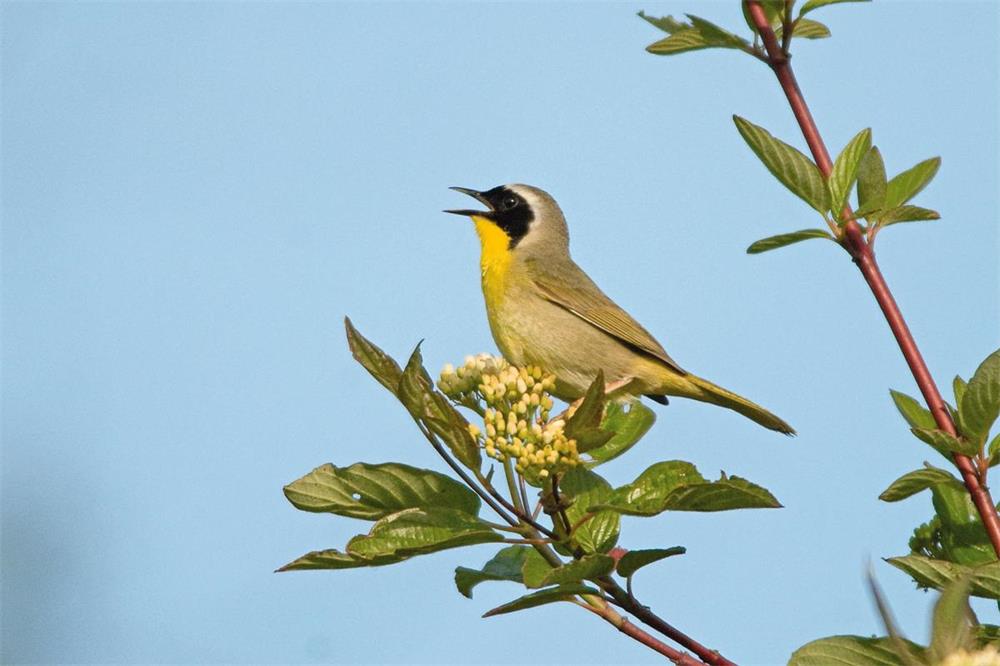
Table of Contents
The dawn chorus is the phenomenon of many birds singing together just before and after sunrise, especially during the breeding season. It is one of the most beautiful and captivating sounds of nature, and it has fascinated humans for centuries.
Why Do Birds Sing at Dawn?
There are different theories about why birds sing at dawn, but none of them are conclusive. Some possible reasons are:
- To attract mates: Singing at dawn may help birds to advertise their presence and quality to potential mates, as well as to defend their territory from rivals. Some birds, such as robins and blackbirds, may sing more intensely at dawn because they are more active and visible in low-light conditions.
- To communicate with other birds: Singing at dawn may help birds to exchange information with other members of their species or flock, such as their location, status, and mood. Some birds, such as starlings and sparrows, may sing in chorus to coordinate their movements and activities.
- To take advantage of acoustic conditions: Singing at dawn may help birds to make their songs more audible and effective, as the air is usually still and quiet at this time of day. Some birds, such as thrushes and warblers, may sing more complex and varied songs at dawn to showcase their vocal skills.
Which Birds Sing at Dawn?
The dawn chorus varies depending on the location, season, habitat, and weather. Different species of birds have different preferences for when and where they sing, and some may join or leave the chorus at different times. However, some general patterns can be observed:
- In temperate regions, the dawn chorus is most prominent in spring and early summer, when many birds are breeding and nesting. It usually starts about an hour before sunrise and lasts for about an hour after sunrise.
- In tropical regions, the dawn chorus is less seasonal and more constant throughout the year, as many birds breed all year round. It usually starts about half an hour before sunrise and lasts for about half an hour after sunrise.
- In urban areas, the dawn chorus may be affected by artificial light and noise pollution, which can alter the natural rhythms of birds. Some birds may start singing earlier or later than usual, or sing louder or quieter than usual.
Some of the most common and conspicuous birds that participate in the dawn chorus are:
- Robins: These small red-breasted birds are among the first to start singing at dawn, often perching on high branches or rooftops. They have a clear and melodious song that consists of short phrases repeated several times.
- Blackbirds: These medium-sized black or brown birds are also early risers, often singing from low bushes or fences. They have a rich and fluty song that consists of long phrases with pauses in between.
- Thrushes: These medium-sized spotted or streaked birds are also among the earliest singers at dawn, often singing from high trees or poles. They have a loud and complex song that consists of repeated motifs with variations.
- Warblers: These small plain or colorful birds are usually among the last to join the chorus at dawn, often singing from dense vegetation or hidden places. They have a high-pitched and rapid song that consists of trills, warbles, and whistles.
- Sparrows: These small brown or gray birds are also latecomers to the chorus at dawn, often singing from buildings or wires. They have a simple and noisy song that consists of chirps, chatters, and squeaks.
How to Enjoy the Dawn Chorus?
The dawn chorus is a wonderful natural spectacle that anyone can enjoy with some simple tips:
- Choose a good location: The best places to listen to the dawn chorus are those that have a variety of habitats and bird species, such as parks, gardens, woodlands, wetlands, or farmlands. Avoid places that have too much human activity or noise pollution.
- Choose a good time: The best time to listen to the dawn chorus is during the peak breeding season of birds, which varies depending on the region. In general, spring and early summer are good seasons to enjoy the chorus. The best time of day is around sunrise, but you may need to adjust your schedule depending on the local sunrise time and weather conditions.
- Choose a good position: The best position to listen to the dawn chorus is one that allows you to hear as many different bird songs as possible without disturbing them. Find a comfortable spot that has a good view of the surroundings but also some cover from predators or other disturbances. Stay still and quiet while listening.
Conclusion
The dawn chorus is a remarkable phenomenon that showcases the diversity and beauty of bird life. It is a result of various biological and environmental factors that influence the behavior and communication of birds. It is also a source of joy and inspiration for many people who appreciate the sounds of nature. By learning more about the dawn chorus, we can better understand and appreciate the birds that share our world.



